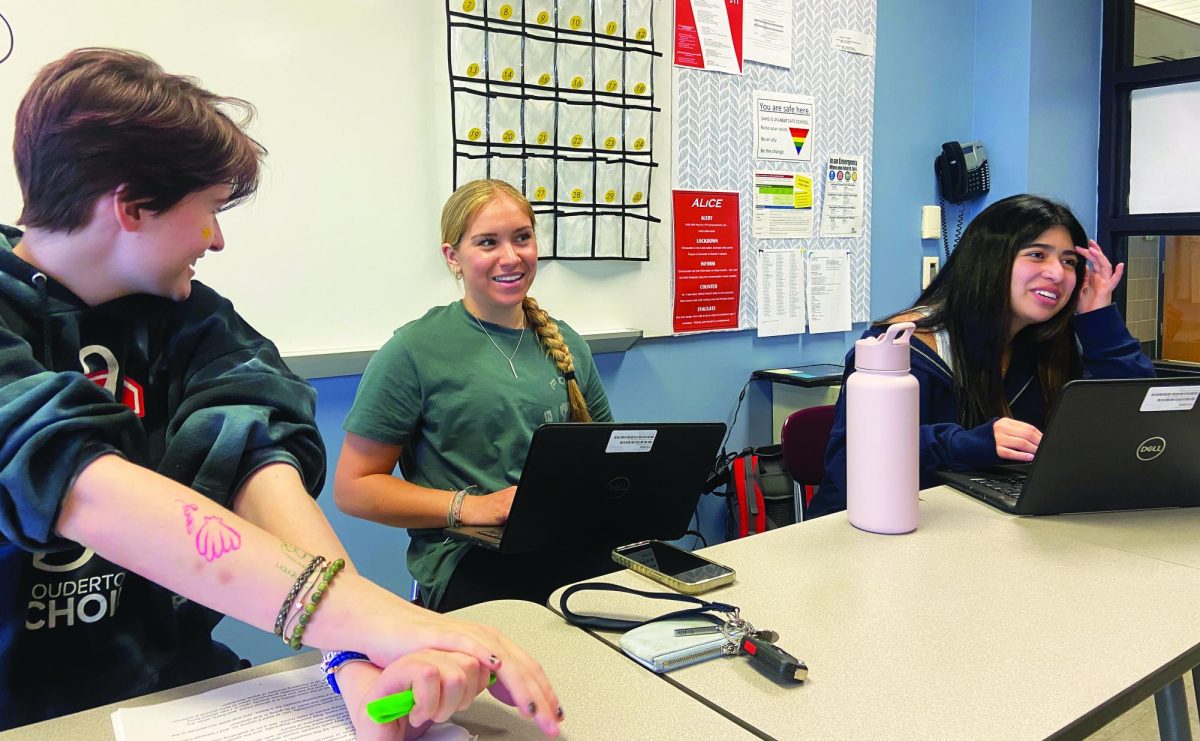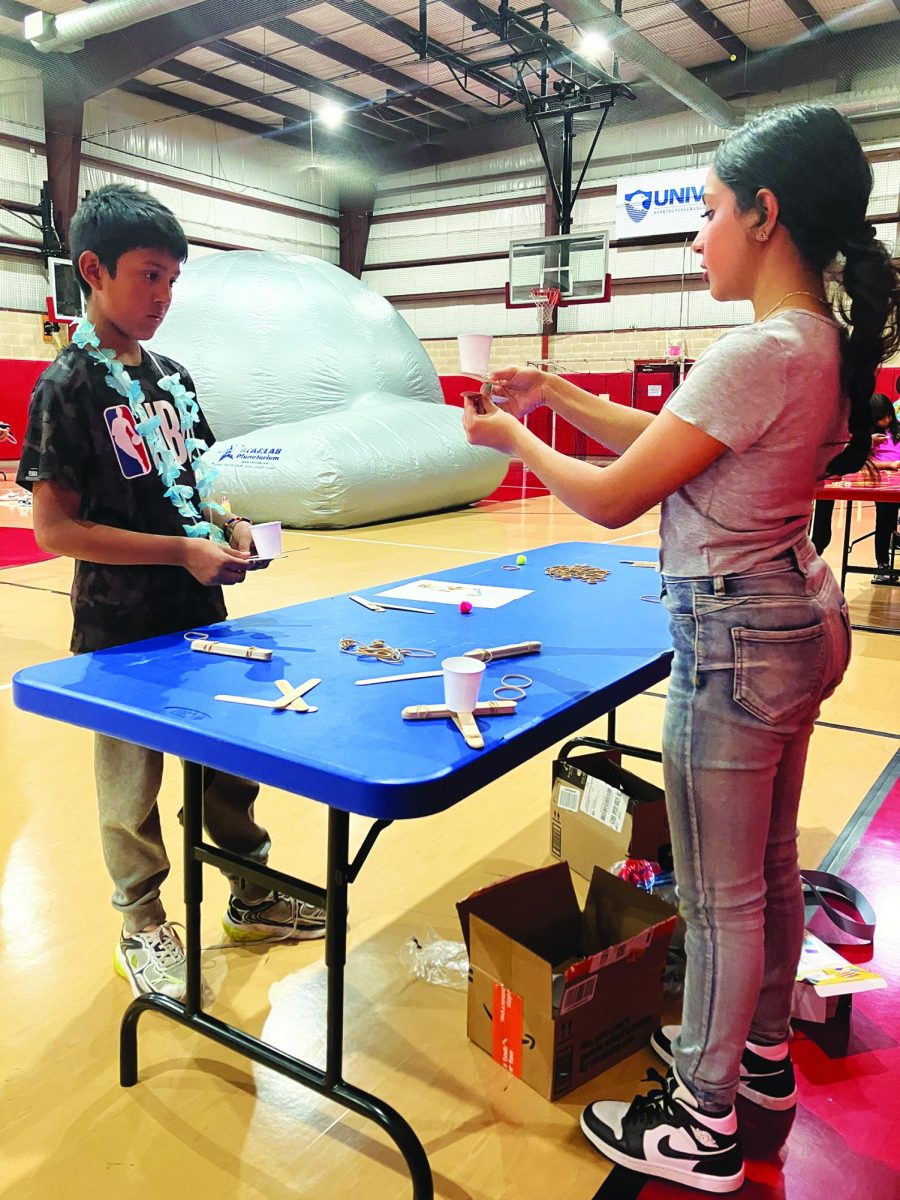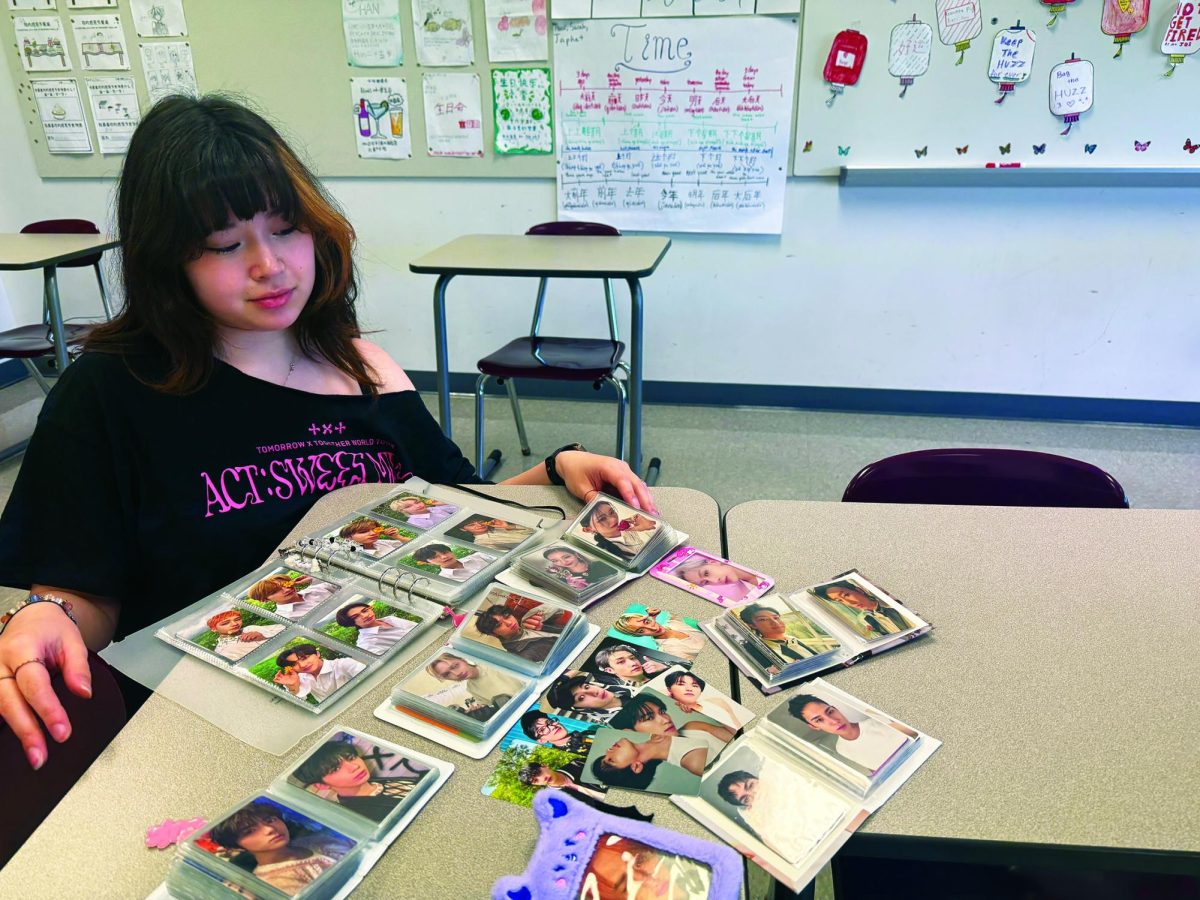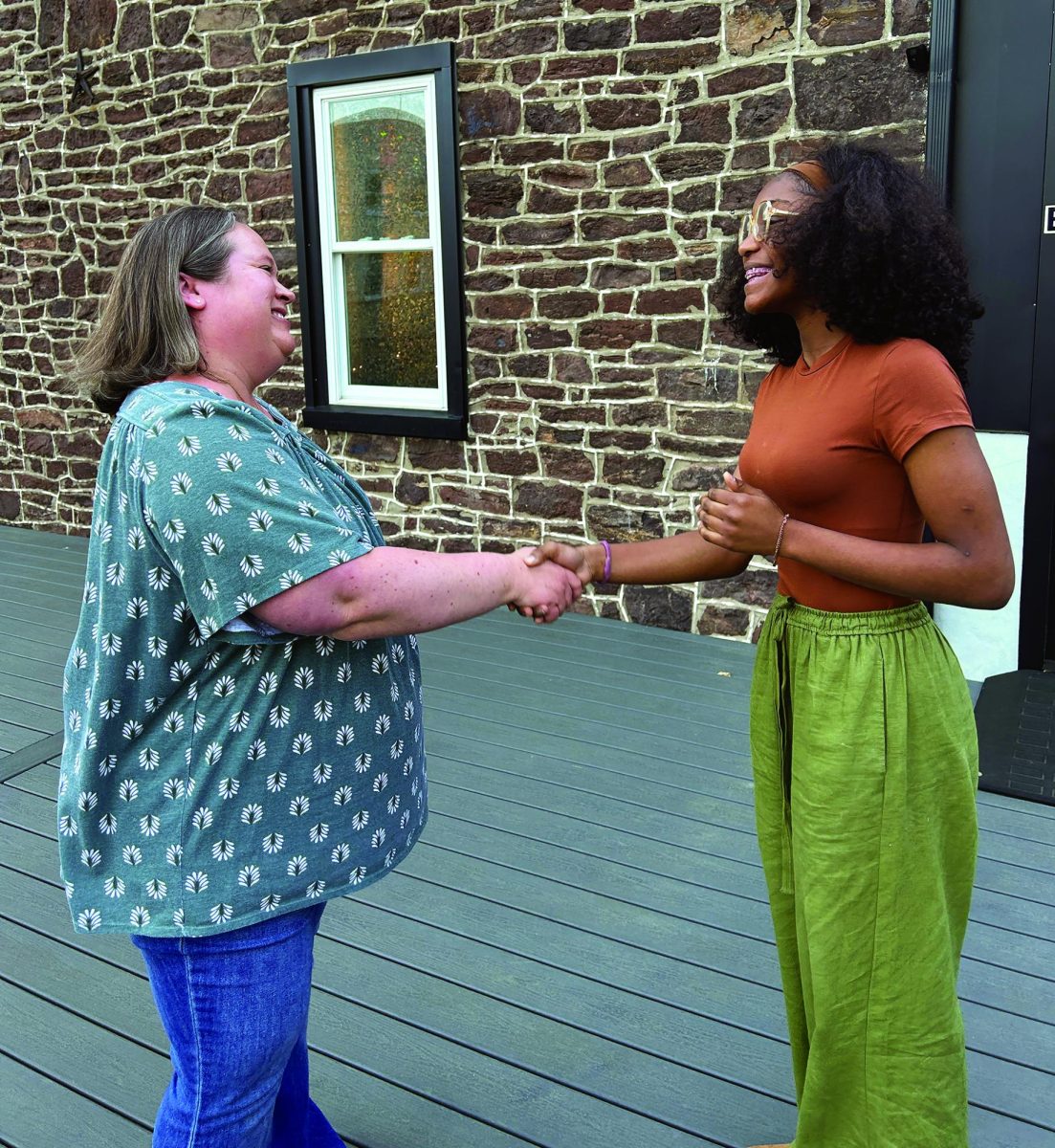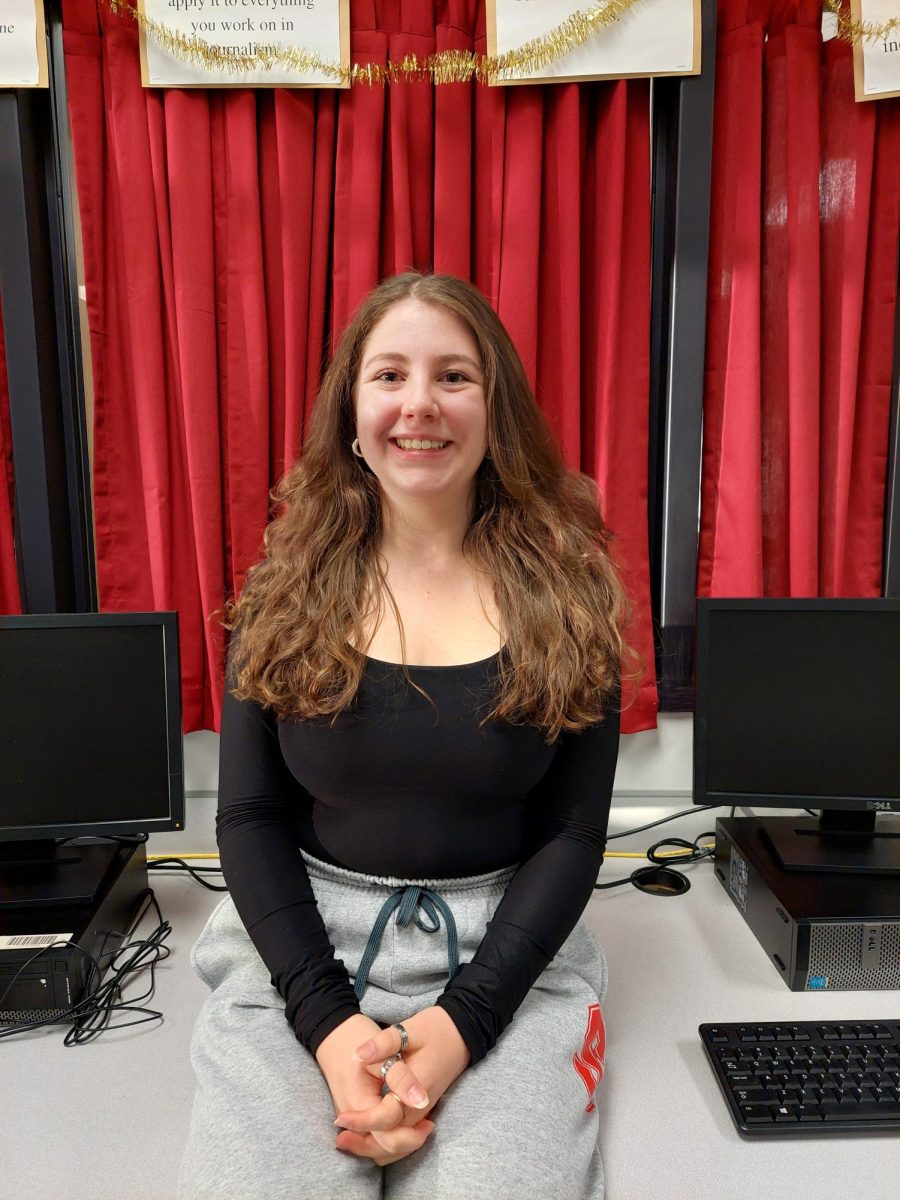In order to highlight the successes of women in America, March is nationally acknowledged as Women’s History month and acts as a catalyst for the advancement of women’s rights.
After Congress passed Public Law 100-9 in March of 1987, the month was nationally recognized and helped spark more conversations about the adversities women were facing in the United States.
Women’s Literature teacher Michelle Ruch believes that recognizing women’s history benefits society as a whole.
“It gives us a more balanced sense of history with everybody involved, not just one specific group,” Ruch said.
Women’s Studies teacher Nicole Harner agrees with Ruch, saying it “doesn’t matter your gender” for it to determine what history is taught in mainstream curriculums.
Being one of the few schools that has a women’s studies course, Harner believes that shining a light on different perspectives helps educate those who may be unaware of certain gender-based issues.
“The problem is it doesn’t matter if you’re a woman or a man,” Harner said. “You don’t always see from another perspective until that perspective says that something is missing.”
Women’s Studies teacher Kimberly Dudek agrees that learning about different perspectives opens a gate to creating change.
“What we understand in history makes it much easier to go forward and to make better choices,” Dudek said.
According to the National Women’s History Alliance’s website, Women’s History Month 2024 has the theme of “women who advocate for equality, diversity, and inclusion,” allowing women all across America to reflect on the impact that women before them have made.
Women’s Law Project, located in Philadelphia, is an organization that advocates for gender-based equality, and strives to carry on the fight that women started so many years ago.
WLP Strategic Communications Director Tara Murtha feels that recognizing women of the past allows Americans to “build on the work” of those who began advocating for equality.
“I’m glad that Women’s History Month gives us all a moment to pause and not just recognize the strategies and struggles involved, but the people who have come before us,” Murtha said.
In 1848, suffragettes Elizabeth Cady Stanton and Lucretia Mott held the Seneca Falls Convention in Seneca Falls, New York. The convention called for broader social change in regards to the treatment of women and the activities they were allowed to partake in, such as voting, education and other professional opportunities they were not currently exposed to.
The convention started the journey of acclaiming Women’s Suffrage, and later sparked greater fights, such as Roe v. Wade (1973), the Equal Credit Opportunity Act (1974) and the Family Leave Act (1993).
Despite the successes throughout women’s history, many believe that there are still battles to be fought. With the overturning of Roe v. Wade, women are still under attack when it comes to their freedoms in regards to their reproductive autonomy.
“I think that when people understand how much work is put into every step towards equality and that the work doesn’t end there,” Murtha said. “You need to keep fighting to defend what you’ve earned. There’s no endpoint in fighting for equality.”
Another Philadelphia organization called Women’s Way works towards enhancing the rights of women and raising awareness of the discrimination still faced.
WW Director of Communications and Marketing Misha Rodriguez believes Women History Month aids in raising awareness and keeping people involved in the road to equality.
“Women’s History Month is a way where we can both celebrate our accomplishments but then continue to advocate for more changes,” Rodriguez said.
Women’s Way also branches out to younger women with a program called Women’s Initiative, directed towards women ages 18 to 21.
In spite of the hardships, young girls are “empowered” by the courses and clubs at Souderton. Ruch, also being Women Aid Society’s advisor, believes that the message of inclusivity is important when it comes to addressing heavy topics in relation to what women experience in America, and around the world.
“I think it’s a harsh reality that’s out there in this world, of women and victimization,” Ruch said. “But we have to continue talking about it until we reduce those numbers or find different ways to protect.”

